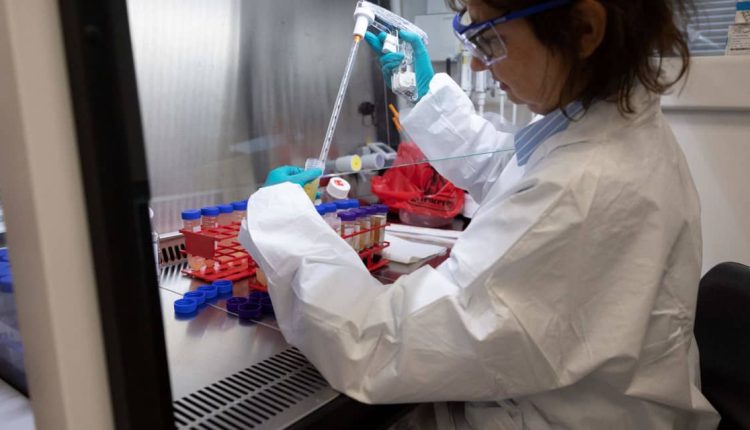Sanofi
said Friday that it plans to separate its consumer health division into a stand-alone company next year, turning the 50-year-old French drugmaker into a pure-play biopharma for the first time in its history.
CEO Paul Hudson told Barron’s that the move would allow
Sanofi
(ticker: SNY) to invest more heavily in pharmaceutical research and development. “I have this ambition that…we are one of the most important healthcare companies on the planet by the end of the decade,” he said. “We’ve got to invest more in science. And that’s what we’re going to do.”
The stand-alone consumer health division will be the latest addition to a growing list of such public companies recently spun out of larger drugmakers.
Haleon
(HLN), which sells Advil and Sensodyne, was spun out of
GSK
(
GSK
) in the summer of 2022.
Kenvue
(KVUE), which sells Listerine and Tylenol, separated from
Johnson & Johnson
(JNJ) this past summer.
Sanofi’s consumer health division sells over-the-counter medicines like the allergy pill Allegra and the pain-relief cream Aspercreme. It has significantly smaller revenue than either
Haleon
or
Kenvue,
with €1.2 billion ($1.3 billion) in sales in the third quarter. Kenvue’s sales for the same period were $3.9 billion.
“Over the three years plus, it started to really perform,” Hudson said of the consumer health division. “New leadership, new focus, streamlining of brands, portfolios. It really started to grow faster than the market many quarters.”
The consumer health business, which Sanofi acquired in 2017 as part of a swap with Boehringer Ingelheim, already functions as a stand-alone business unit, following an announcement the company made in 2019. “We realized that we’ve given them as much freedom as we could to start performing, except the final step,” Hudson said. “And they’ve earned it, they’ve really earned the right to be a listed company and to compete.”
Sanofi won’t complete the separation until the fourth quarter of next year at the earliest. It hasn’t settled the details. but says that the “most likely path” would be the creation of a listed company based in France.
Sanofi also unveiled a cost-saving program of €2 billion, or $2.1 billion. “The majority will be thrown straight back into driving growth, either launches or R&D,” Hudson said.
Financial results for the third quarter, also disclosed Friday, were weaker than expected. The company earned €2.55 a share, down 11.5% from the same quarter last year, and below the consensus call for €2.60 among analysts tracked by
FactSet.
Sales were €12 billion, while analysts expected €12.5 billion.
Sanofi is among the last of its American and European big pharma peers to abandon the diversified model that drugmakers adopted in the 1960s and 1970s. As Barron’s reported in June 2022, big pharma firms have been dumping their side businesses since the early 2000s, a process that has culminated in the past few years as virtually all of the major drugmakers have emerged as pure play biopharmas.
Sanofi has been in a period of rebuilding under Hudson. The company’s American depositary receipt is roughly flat over the past decade, while the
NYSE Arca Pharmaceutical index
(DRG) has nearly doubled.
The stock has outperformed more recently, however, buoyed by an immunology drug, Dupixent, that analysts expect to achieve $11.2 billion in sales this year. The launch of a shot called Beyfortus that prevents respiratory syncytial virus in infants has helped as well.
Demand for Beyfortus has been so strong that on Monday, the Centers for Disease Control and Prevention issued a warning about a shortage, calling for rationing of doses. The Sanofi ADR is up 27% over the past 12 months, while the DRG is up 9.9%.
On Friday, Sanofi reiterated its 2023 earnings guidance, saying it still expects “mid single digit” earnings-per-share growth at constant exchange rates. Analysts expect earnings of €8.25 per share in 2023, down slightly from last year’s earnings of €8.26 per share.
For 2024, Sanofi expects a decline in earnings per share in the “low-single digits” due to a higher expected tax rate. Analysts currently expect earnings to rise to €8.83 per share. In the following year, Sanofi says it expects a “strong rebound” in earnings per share growth. Analysts currently expect earnings of €10.02 per share, according to FactSet.
“We’ve said that we’ll come with a strong rebound in ‘25, and at that point we’re really into the new era for Sanofi,” Hudson said.
Write to Josh Nathan-Kazis at [email protected]
Read the full article here

